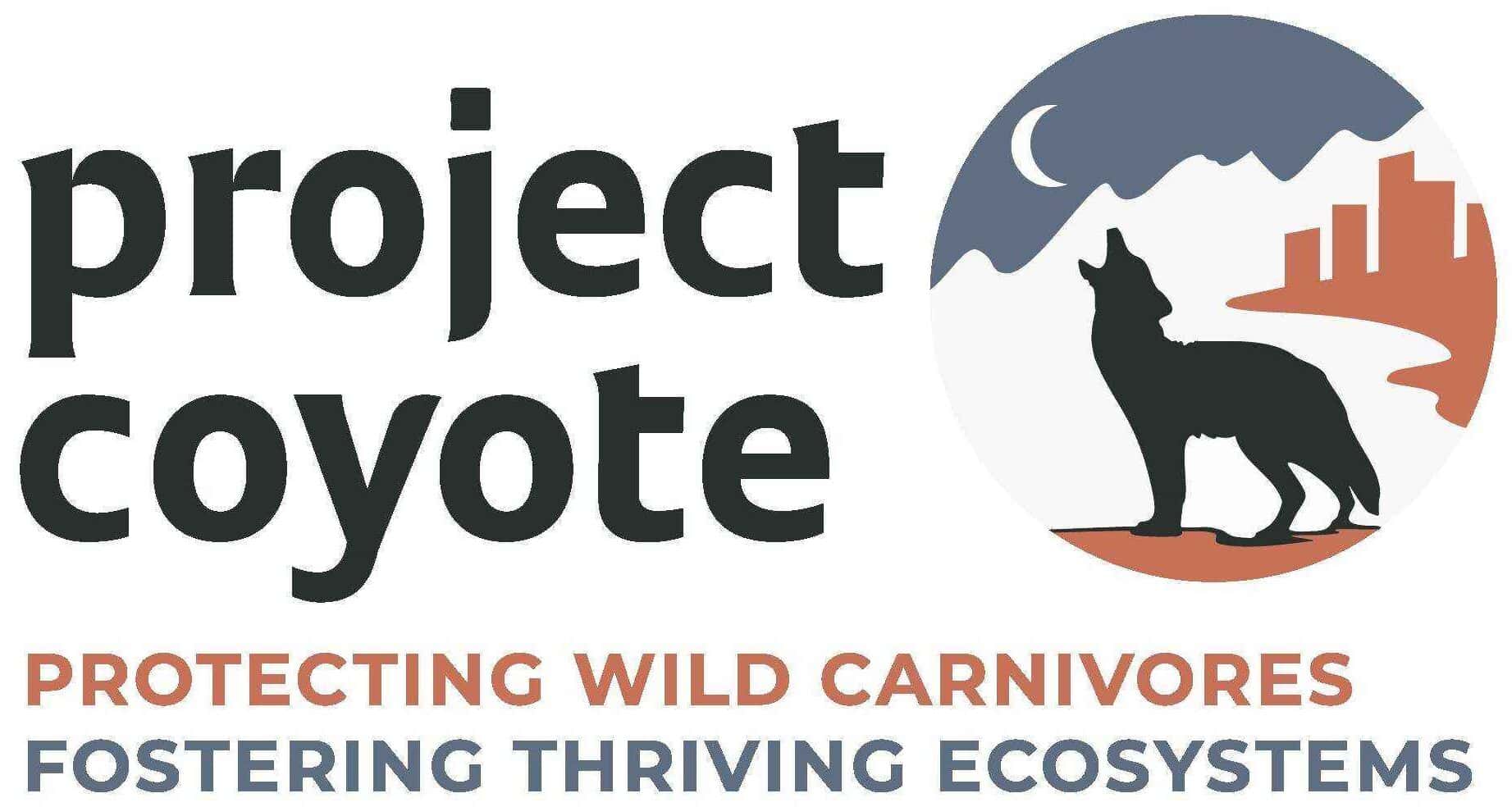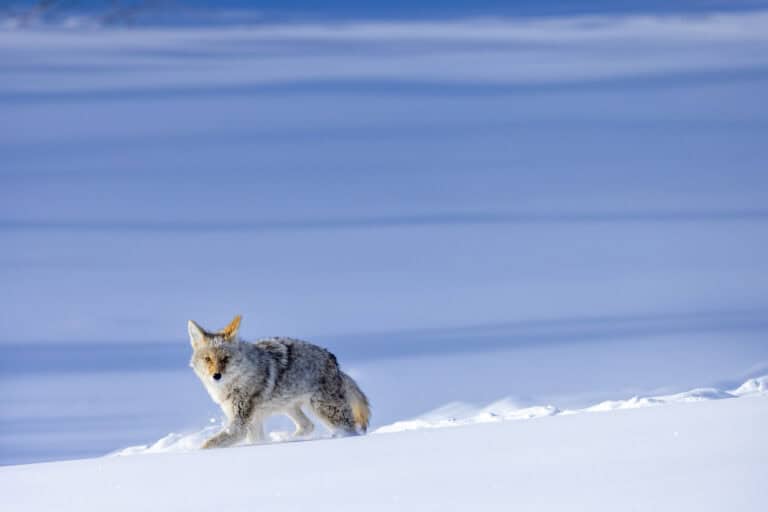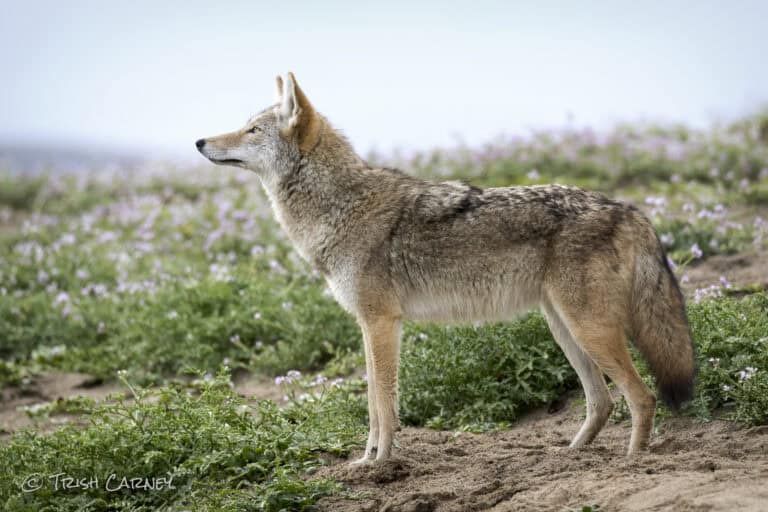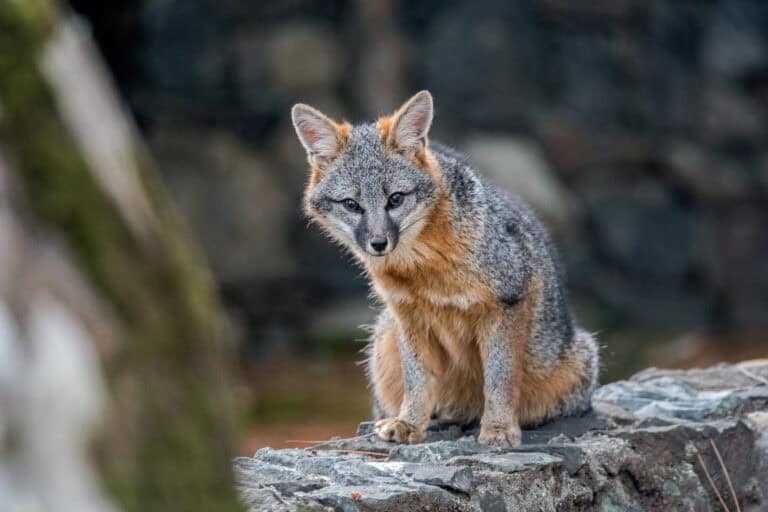FOR IMMEDIATE RELEASE: February 3, 2016
PORTLAND, Ore. – Conservation groups filed a lawsuit today challenging the authority of the federal wildlife-killing program Wildlife Services to kill any of the approximately 81 remaining gray wolves in Oregon. The legal challenge, filed by the Western Environmental Law Center on behalf of four conservation groups, with Cascadia Wildlands representing itself, comes weeks after a federal court ruled that Wildlife Services’ controversial wolf killing program in Washington is illegal.
The groups contend that Wildlife Services failed to explain why killing wolves on behalf of livestock interests should replace common-sense, proactive and nonlethal alternatives such as those reflected in the Oregon Gray Wolf Management Plan. The National Environmental Policy Act requires this analysis and public disclosure. In Oregon and Washington, Wildlife Services completed vague plans to target wolves for livestock depredations but did not explain why nonlethal alternatives would be inadequate.
“Federal law requires Wildlife Services to conduct a full and fair evaluation of the ecological impacts of its wolf-killing program in Oregon, and it failed to do so,” said John Mellgren, the Western Environmental Law Center attorney arguing the case. “In addition to protecting gray wolves from being killed, our recent victory in Washington will help to shed light on this secretive federal program, and we hope to continue that process in Oregon.”
A federal extermination program under the U.S. Department of Agriculture, Wildlife Services kills roughly 1.5 million to 3 million native animals per year, including wolves, grizzly bears, mountain lions, otters, foxes, coyotes, birds and even domestic pets — with little oversight or accountability. Wildlife Services employs inhumane tools to kill wildlife including aerial gunning, leghold traps, snares and poisons. A 2013 internal audit revealed that Wildlife Services’ accounting practices lacked transparency and violated state and federal laws.
“Wildlife Services has for decades taken advantage of a legal loophole to avoid conducting any meaningful analysis of its deplorable killing program, or any assessment of whether its programs are effective at all,” said Nick Cady, legal director at Cascadia Wildlands. “We believe if the agency truly takes a hard look at its activities, the impacts and the costs, these killing programs will be terminated.”
NEPA requires Wildlife Services to rigorously examine the environmental effects of killing wolves and to consider alternatives that rely on proven nonlethal methods like range riders, livestock-guarding dogs and shepherds, and disposing of livestock carcasses to avoid attracting wolves and other predators. In both Oregon and Washington, Wildlife Services completed vague analyses that did not consider alternatives and rejected evidence that nonlethal methods are more effective. NEPA also mandates a public comment period for the proposal.
“Oregon is no place for Wildlife Services,” said Amy Atwood, endangered species legal director at the Center for Biological Diversity. “Wildlife Services is a rogue agency that uses ineffective, cruel and costly methods to kill wolves instead of common-sense, nonlethal methods that foster coexistence.”
“Wildlife Services’ refusal to ensure its activities are based on the best available science leads to unnecessary and harmful killing and strips the public of an opportunity to meaningfully understand and contribute to decisions impacting the health of ecosystems on which we all depend,” said Bethany Cotton, wildlife program director at WildEarth Guardians. “It’s past time the dark practices of Wildlife Services are subjected to the sunshine of a transparent public process.”
Wildlife Services claims that killing wolves reduces wolf-related losses of livestock, yet recent peer-reviewed research finds that killing wolves leads to an increase in wolf-livestock conflicts. Wildlife Services also failed to address the effects of killing wolves in Oregon, including impacts on ecosystems, wolf populations in neighboring states and on non-target animals that may be killed or injured as a result of the wolf killing program.
“It is telling that Wildlife Services was formerly called Animal Damage Control,” said Brooks Fahy, executive director of Predator Defense. “They changed their name, but nothing more. This misnomer of a program is notorious for abuse of power, lack of transparency, illegal activity and brutal treatment of wildlife. It has been criticized by members of Congress, the public and leading predator biologists. Further scrutiny of Wildlife Services’ activities in Oregon is long overdue, particularly now, as the gray wolf faces imminent delisting from state endangered species protections.”
“Wildlife Services’ predator control program is ecologically destructive, ethically indefensible and economically unjustifiable,” said Camilla Fox, founder and executive director of Project Coyote. “The science is clear that killing wolves is not effective at reducing conflicts and likely exacerbates problems by destabilizing wolf social structures. How many lawsuits will it take for Wildlife Services to do what’s right?”
Wolves were driven to extinction in Oregon by the late 1940s through a government-sponsored eradication program. The species began to return to Oregon from neighboring states and Canada in the early 2000s. In 2012, wolf recovery got back on track in Oregon. It took a legal challenge, but the state’s wolf killing program (separate from Wildlife Services’) was put on hold and the wolf population grew from 29 to 81. In November 2015, the Oregon Fish and Wildlife Commission stripped Oregon’s wolves of much needed state endangered species protections. Oregon’s wolves face a long road to recovery and ongoing threats — including that of being shot and killed by Wildlife Services.
John Mellgren of the Western Environmental Law Center and Nick Cady with Cascadia Wildlands represent the following organizations in the lawsuit: Cascadia Wildlands, the Center for Biological Diversity, WildEarth Guardians, Predator Defense and Project Coyote.
Download a copy of the complaint here.






